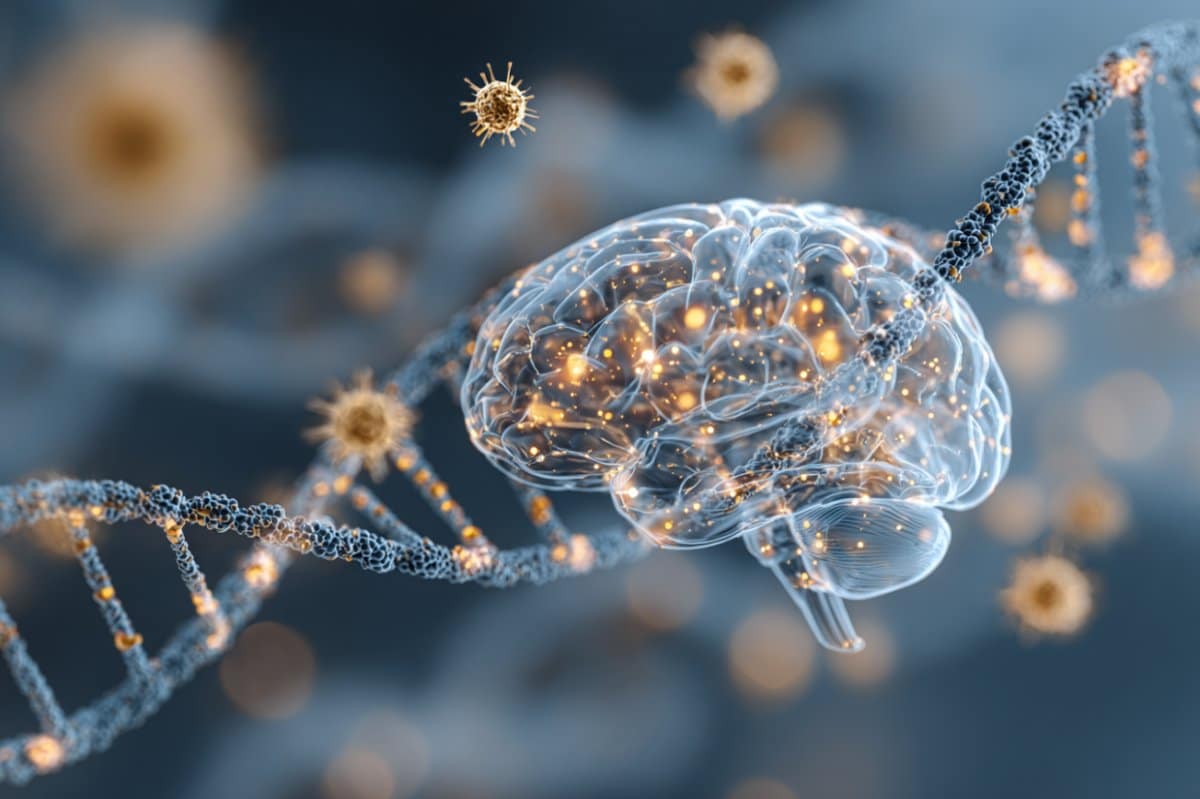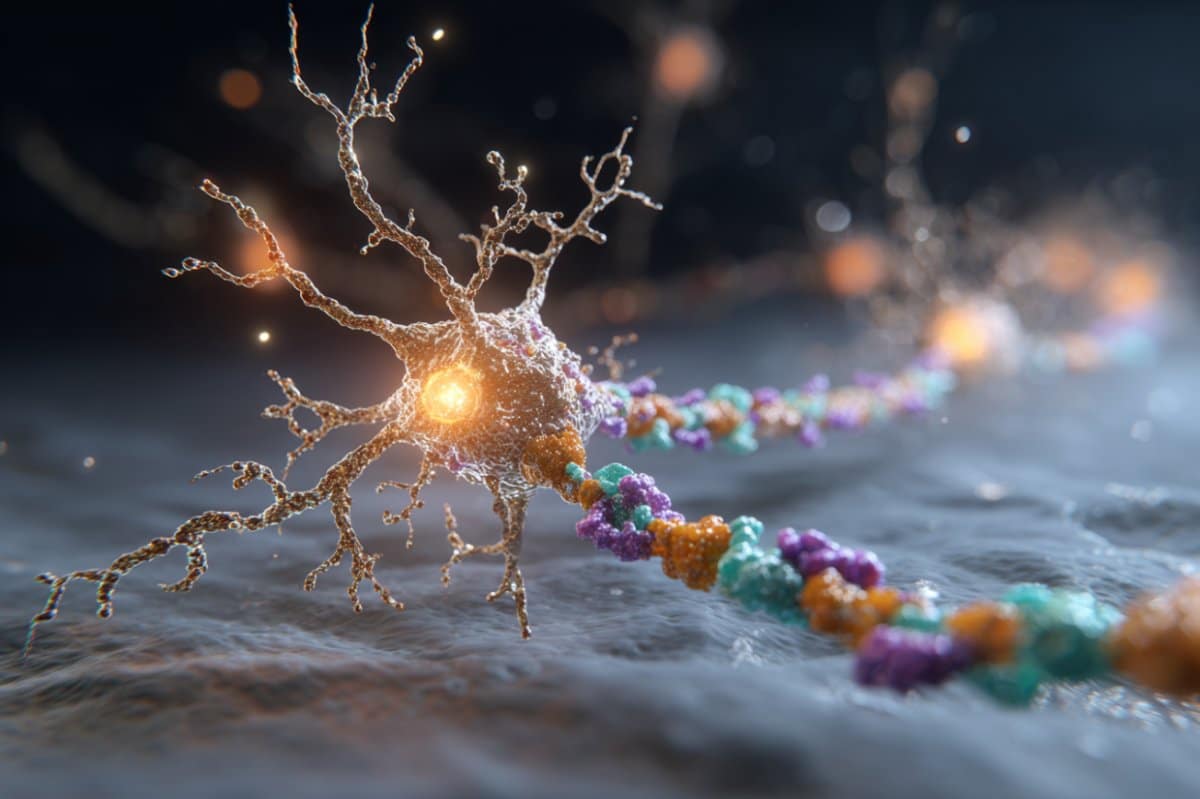T4K3.news
New Research Uncovers Factors Influencing Antidepressant Efficacy
A meta-analysis identifies biological pathways that impact fluoxetine response in patients.

A new meta-analysis uncovers key pathways that influence how people respond to fluoxetine.
Study Reveals Biological Factors in Antidepressant Response
A recent meta-analysis has brought new insight into why some patients respond well to the antidepressant fluoxetine and others do not. By analyzing gene expression data from both humans and rodents, the study highlights important immune pathways, particularly toll-like receptor signaling, that differentiate responders from non-responders. It underscores how fluoxetine treatment leads to changes in protein metabolism and GABAergic signaling, reflecting broader biological effects. Researchers analyzed 74 datasets but focused on 20, including both human and rodent studies. Despite variations in treatment response, they found consistent trends in biological pathways that could guide future research in personalized psychiatry.
Key Takeaways
"Immune signaling and neuroplasticity emerge as central nodes in this network."
This highlights the biological complexity behind antidepressant response.
"Future research could leverage these insights to develop better predictive biomarkers of response."
This suggests a direction for clinical research in depression treatment.
The findings contribute to a growing understanding of how immunological and neuroplastic factors interact to influence antidepressant efficacy. The emphasis on immune pathways suggests a shift in treatment prospects, where inflammation could be targeted to improve response rates. This complex understanding paves the way for precision psychiatry, yet the need for larger, more representative studies remains critical. The findings not only highlight the diversity in treatment responses but also suggest that depression management may evolve into a more tailored approach based on individual biological profiles.
Highlights
- Antidepressant response is a complex puzzle waiting to be solved.
- Immune pathways could reshape how we approach depression treatment.
- Understanding gene expression might change lives.
- Precision psychiatry could lead to personalized depression care.
Concerns over Budget and Public Reaction
The findings may lead to new treatment approaches that could require substantial funding and public acceptance, raising concerns about the budget allocated to mental health initiatives.
The study marks a step towards more effective, personalized treatments for depression.
Enjoyed this? Let your friends know!
Related News

New study reveals secrets of mood regulation receptors

New findings on serotonin receptor could reshape mental health treatments

Study finds cannabis may influence genetic markers

New Study Links Psychiatric Medications to Gut Changes

New study reveals link between sound stress and pain sensitivity

New study suggests a viral link to Parkinson's disease

New insights suggest planets may have synchronized orbits

Study reveals lifestyle changes can potentially prevent dementia
